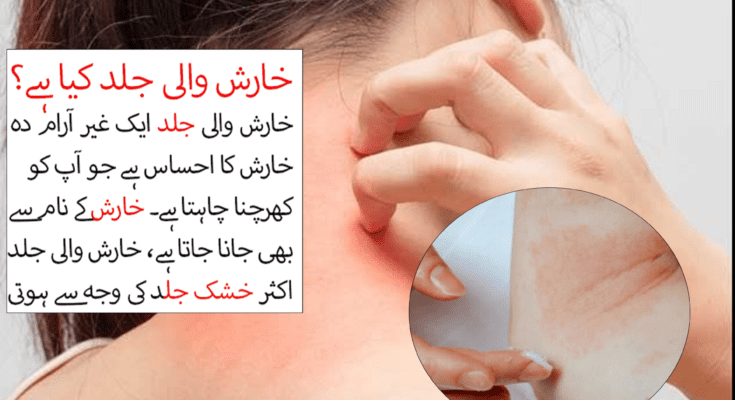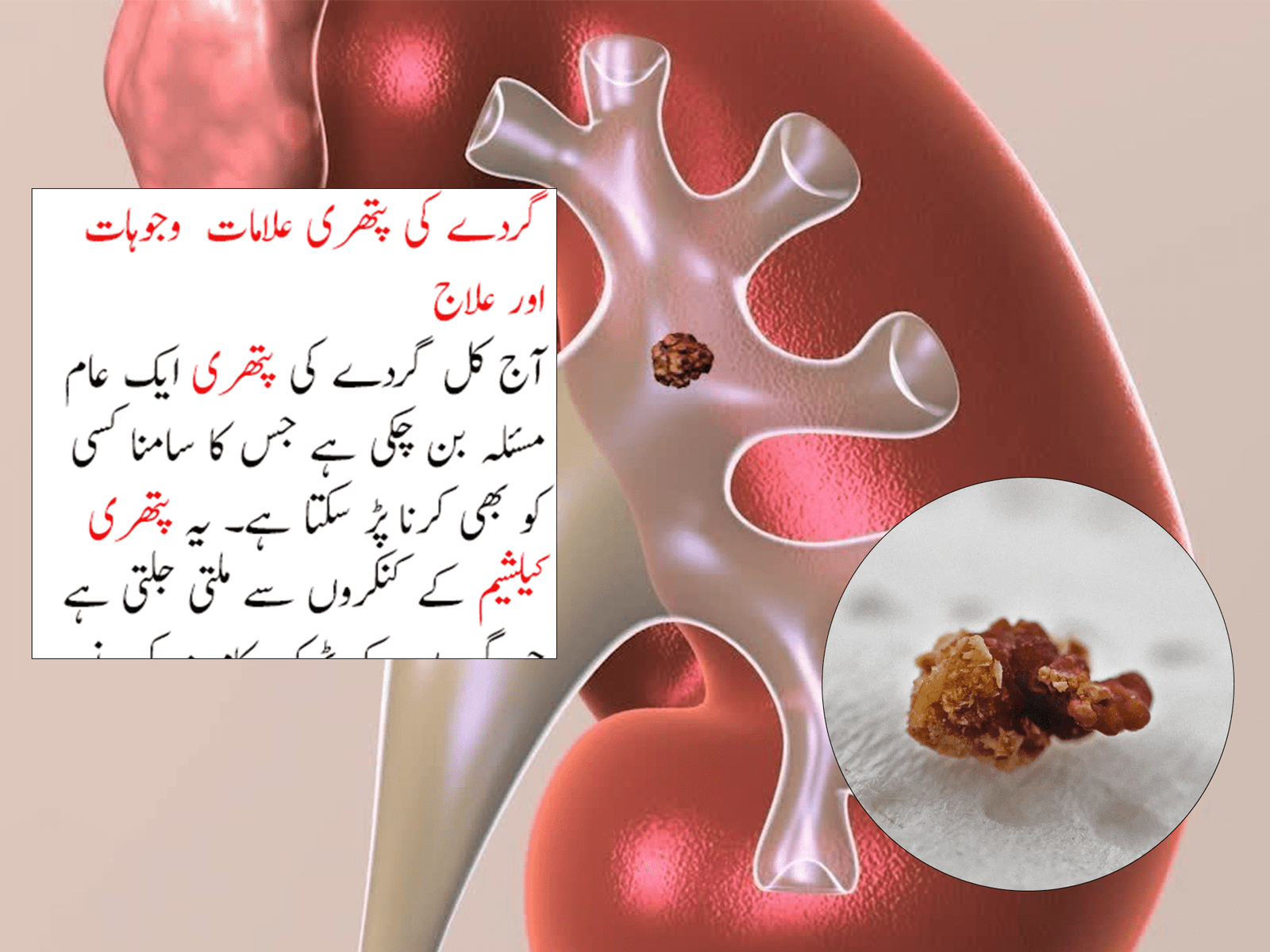Understanding Itchy Skin A Comprehensive Guide
If you’ve ever experienced the maddening sensation of itchy skin, you know just how irritating and uncomfortable it can be. Itchy skin, medically referred to as pruritus, is a common dermatological issue that can affect anyone, regardless of age or gender. In this informative article, we’ll delve into the world of itchy skin, exploring its causes, symptoms, and effective remedies to help you find relief.
What Is Itchy Skin?
Itchy skin is a condition characterized by a persistent urge to scratch the affected area. It can manifest anywhere on the body and may vary in intensity, from a mild annoyance to a severe, almost unbearable discomfort. The sensation of itching can be caused by various factors, including.

Dry Skin
Dry skin, often resulting from environmental factors such as low humidity or excessive bathing, can lead to itching. When the skin lacks moisture, it becomes more prone to irritation and itching.
Allergies
Allergic reactions to substances like pollen, pet dander, certain foods, or skincare products can trigger itching. Your body’s immune response to allergens can manifest as itchy skin.
Dermatitis
Dermatitis is a broad term that encompasses various skin conditions, such as eczema and contact dermatitis. These conditions often involve redness, inflammation, and, you guessed it, itching.
Insect Bites and Stings
Those pesky mosquito bites or bee stings can result in localized itching. It’s your body’s way of reacting to the foreign substance injected into your skin.
Medical Conditions
Certain medical conditions, including liver disease, kidney disease, and diabetes, can cause systemic itching. In such cases, treating the underlying condition is essential to alleviate the itching.
Symptoms of Itchy Skin
Recognizing itchy skin is relatively straightforward, as the primary symptom is, of course, the urge to scratch. However, it’s essential to be aware of other potential symptoms that may accompany itchy skin, such as:
- Redness or inflammation of the affected area.
- Rash or hives.
- Dry, flaky skin.
- Blisters or bumps.
- Burning or stinging sensations.
Treating Itchy Skin
Finding relief from itchy skin involves addressing the underlying cause and providing symptomatic relief. Here are some strategies you can consider:
Moisturize Regularly
If dry skin is the culprit, keeping your skin well-hydrated with a high-quality moisturizer can significantly reduce itching.
Identify and Avoid Allergens
If allergies are triggering your itching, identify the allergens responsible and take steps to avoid them. Antihistamines can also help alleviate allergy-related itching.
Topical Treatments
Over-the-counter creams and ointments containing hydrocortisone or calamine can provide relief from itching caused by dermatitis or insect bites.
Medical Evaluation
If your itching is persistent or accompanied by other concerning symptoms, consult a healthcare professional. They can diagnose and treat underlying medical conditions that may be causing the itching.
Conclusion
itchy skin is a bothersome condition that can result from various factors. Identifying the cause and taking appropriate measures to alleviate the discomfort is crucial for a happier and itch-free life. Remember that while these remedies can provide relief, it’s always best to seek professional medical advice for persistent or severe cases of itchy skin. Soothing your skin and finding relief is just a step away.






